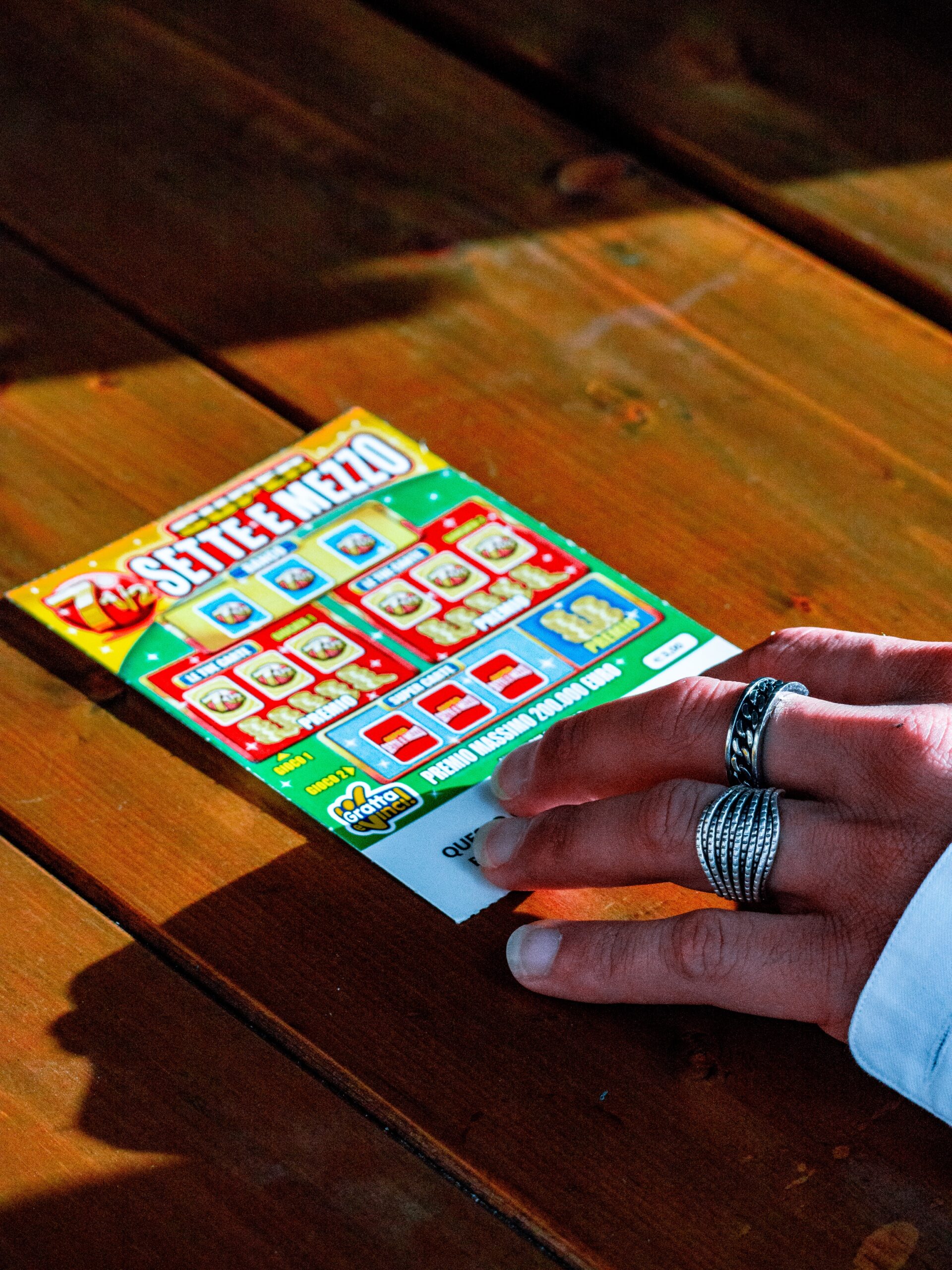Problem gambling behaviors are a serious issue that can have negative consequences for individuals and their families. Here’s what you need to know about spotting and dealing with problem gambling behaviors:
What is Problem Gambling?
Also known as compulsive gambling or gambling addiction, is a behavior disorder characterized by persistent and recurring gambling despite negative consequences. Problem gambling can lead to financial problems, relationship problems, and other negative impacts on a person’s life.
Signs of Problem Gambling
Several signs may indicate a problem gambling behavior, including:
- Spending more money on gambling than intended
- Gambling for longer periods of time than intended
- Feeling the need to increase the amount of money bet in order to achieve the desired level of excitement
- Feeling restless or irritable when not gambling
- Chasing losses or continuing to gamble in an attempt to recoup losses
- Lying to family and friends about the extent of gambling activities
- Neglecting responsibilities at home or work in order to gamble
If you or someone you know is experiencing any of these signs, it may indicate problem gambling.
Dealing with Problem Gambling
If you or someone you know is struggling with problem gambling, there are several steps you can take to address the issue:
Admit the Problem
The first step in dealing with problem gambling is admitting that there is a problem. This can be difficult, but it’s an important step toward recovery.
Seek Professional Help
Several resources are available for those struggling with problem gambling, including counseling, support groups, and treatment programs. Seeking professional help can provide the tools and support necessary to overcome problem gambling behaviors.
Set Limits
Setting limits on gambling activities can also be helpful in dealing with problem gambling. This can include setting a budget for gambling activities, setting time limits, and avoiding triggers that may lead to excessive gambling.
Involve Family and Friends
Involving family and friends can also be helpful in dealing with problem gambling. Loved ones can provide support and encouragement and help hold the individual accountable for their actions.
Avoid Temptations
Finally, avoiding temptations and triggers that may lead to problem gambling behaviors can be helpful in overcoming the issue. This can include avoiding casinos and other gambling venues and limiting exposure to gambling-related advertising and media.
Problem gambling can have a negative impact on your life and the lives of those around you. If you or a loved one is struggling with gambling addiction, it’s important to recognize the signs and get help. Here’s how to spot and deal with problem gambling behaviors:
- Signs of Problem Gambling: Problem gambling can manifest in different ways, including spending more money than you can afford, borrowing money to gamble, hiding your gambling from loved ones, and experiencing negative emotions like guilt or anxiety related to gambling. Other warning signs include chasing losses, gambling to cope with stress or negative emotions, and neglecting other responsibilities or interests in favor of gambling.
- Get Help: If you or a loved one is struggling with problem gambling, getting help is important. Many resources are available, including support groups, counseling, and hotlines. Organizations like Gamblers Anonymous and the National Council on Problem Gambling offer resources and support for those struggling with gambling addiction.
- Practice Self-Awareness: It’s important to be honest about your gambling habits and be aware of any warning signs of problem gambling. If you find yourself gambling more than you intended, chasing losses, or hiding your gambling from loved ones, it may be time to seek help.
- Set Limits: Limiting your time and money can help you avoid problem gambling behaviors. Set a budget for how much you can afford to lose, and stick to it. Set a time limit for each session, and take regular breaks to avoid burnout.
- Seek Support: Finally, seeking support from loved ones or a professional is important if you’re struggling with problem gambling. A support system can help you stay accountable and motivated to overcome your addiction.
In summary, problem gambling can have a negative impact on your life and the lives of those around you. Recognize the signs of problem gambling, get help, practice self-awareness, set limits, and seek support to overcome your addiction. Remember always to gamble responsibly and within your means.
Problem gambling is a serious issue that can negatively affect individuals and their families. Recognizing the signs of problem gambling and seeking professional help, setting limits, involving family and friends, and avoiding temptations can all be helpful in dealing with problem gambling behaviors.
Read our full guide on Responsible Online Casino Gaming
Here are some sources for global problem gambling help:
- National Council on Problem Gambling: https://www.ncpg.org.sg/
- Gamblers Anonymous: https://www.gamblersanonymous.org/ga/
- GamCare: https://www.gamcare.org.uk/
- Responsible Gambling Council: https://www.responsiblegambling.org/
- GambleAware: https://www.begambleaware.org/
- Gambling Therapy: https://www.gamblingtherapy.org/
- Gam-Anon: https://www.gam-anon.org/
- National Problem Gambling Helpline (USA): https://www.ncpgambling.org/help-treatment/national-helpline-1-800-522-4700/
- Gordon Moody Association: https://www.gordonmoody.org.uk/
- International Association of Gaming Regulators: https://www.iagr.org/resources/problem-gambling
- The Samaritans (UK): https://www.samaritans.org/
- Lifeline (Australia): https://www.lifeline.org.au/
- National Gambling Helpline (UK): https://www.begambleaware.org/get-help/national-gambling-helpline/
- National Centre for Responsible Gaming (USA): https://www.ncrg.org/
- Center of Excellence on Problem Gambling (Canada): https://www.problemgambling.ca/
- National Council on Alcoholism and Drug Dependence (USA): https://www.ncadd.org/
- Addiction Center (Global): https://www.addictioncenter.com/
- Substance Abuse and Mental Health Services Administration (USA): https://www.samhsa.gov/find-help/national-helpline
- European Association for the Study of Gambling: https://www.easg.org/
- The Cabin (Asia): https://www.thecabinchiangmai.com/problem-gambling/
Photo by Emiliano Vittoriosi

